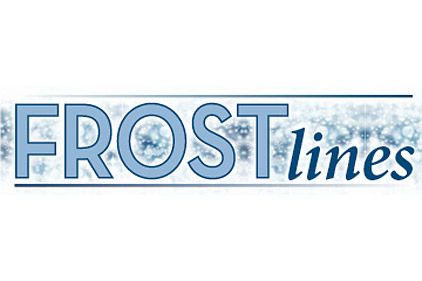According to a report from Alaska Public Radio (APR), the U.S. Environmental Protection Agency (EPA) alleged the company violated the Clean Air Act between 2006 and 2008 by failing to fix refrigerant leaks in a timely manner.
As quoted by APR, Katie McClintock, compliance officer with the EPA’s Office of Compliance and Enforcement Air Division, said, “The chemicals used in refrigeration are ozone depleting chemicals (in this instance) which destroy the ozone layer, and as part of this project or this program, we look at various industries to see if they might be releasing larger amounts of refrigerant than they’re allowed to under the rules. And what we found here is that there were some large leaks that weren’t being repaired. So we have this case against Icicle Seafoods, and as a result of this settlement, they’re going to be repairing leaks earlier and they’re going to be required to pay a penalty as well.”
The EPA and the company were said to have signed, in July, a consent decree filed in district court in Washington state. The company agreed to pay a fine of $430,000 and follow a plan to fix and monitor releases of HCFC-22 from processing vessels and shore-based facilities in Adak, Egigik, and two other sites. The company said it agreed to the settlement but denied the allegations in the EPA’s complaint.
McClintock said, “A lot of companies in the fishing industry and stationary sources such as grocery stores still use these ozone depleting substances (R-22). And there are a lot of pounds used out there, and they all have to repair leaks in a timely manner. But eventually most of these systems should be replaced as part of our phaseout program, but it will take probably the next decade or two for that to happen.”
According to APR, the company that became Icicle got its start in Petersburg, Alaska, in 1965 and processes salmon, crab, pollock, cod, sablefish, herring, and halibut in shore-based plants and vessels operating in Alaska. The company did not respond to APR’s request for comment.
The public radio organization said that earlier in the summer the EPA settled with two other Seattle companies — American Seafoods and Pacific Longline Company — over leaks and questions about importing of R-22.
Publication date: 10/22/2012


Report Abusive Comment